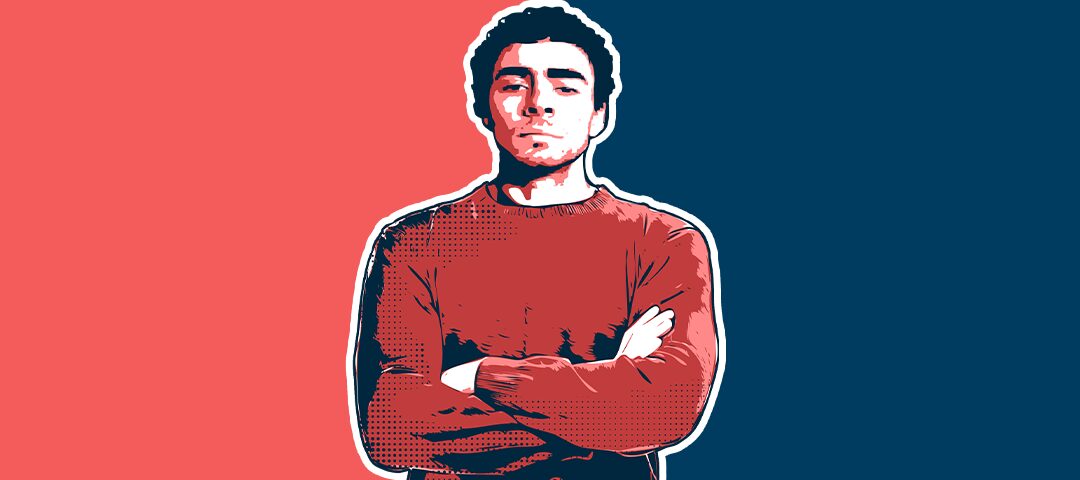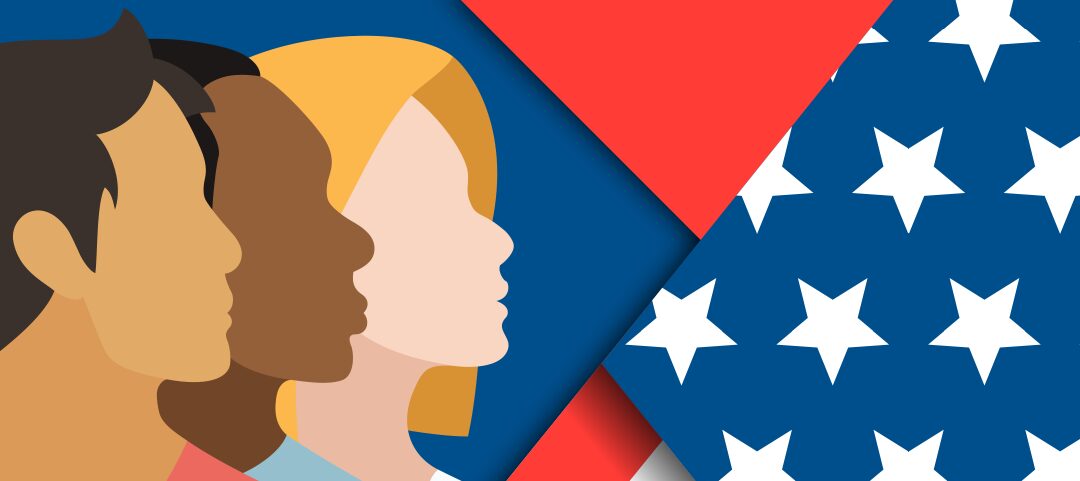Sympathy for a Killer

In a dramatic premeditated killing that took place in the middle of the busiest city in American during daylight hours, Luigi Mangione murdered UnitedHealthcare CEO Brian Thompson and then escaped – beginning a major manhunt that ended in the capture and arrest of Mangione. At the time of his arrest, a manifesto outlining grievances with the healthcare industry was found while America watched this story with outsized interest.
It is hard to find someone who does not have a grievance with the health insurance industry. Many Americans find the idea that Mangione’s issues with his health coverage drove him to commit murder relatable, and nearly a quarter of our study sample endorsed being at least somewhat sympathetic to him.

Note: Figures are weighted to match population proportions with respect to age and political affiliation.
As you can clearly see in the figure above, people who identify as more liberal are more likely to express sympathy for Mangione (48% expressing ‘a moderate amount’ or ‘a lot’ of sympathy). A similar trend is seen when examining sympathy by age – with those under 30 expressing far more sympathy for Mangione (42%) than older people, and the 65+ crowd expressing almost no sympathy whatsoever. By contrast, as shown below, other demographic factors such as gender, income, and education are unrelated to the amount of sympathy expressed.

Note: Figures are weighted to match population proportions with respect to age and political affiliation.
A thematic analysis conducted with Engage allowed us to dig into the drivers of the sympathy expressed. It was clear that their sympathy was rooted in their personal experiences with healthcare and a shared sense of injustice. They found his situation relatable and spoke about people driven to desperate action by issues with the healthcare system. Some even saw him as a symbol of hope in this struggle, a martyr who gave up a position of privilege to fight this battle for people like them. As a 31-year-old Asian man put it, “He’s quite literally fighting for people like me and that’s a good thing. I haven’t cheered for someone like this since Bernie Sanders was running for president. ‘Eat the rich’ as the kids say. And a 23-year-old Latino man shares Mangione’s sentiment: “I see his rage and anger, it is just. He truly wants to show the world that insurance needs to be changed, and he wants to do it by sending home a message. He did not do the best thing but it surely will wake up this world.”
Support for a Killer?
But what about taking the far more drastic step of murdering Brian Thompson in broad daylight? We actually find that about 11% of participants said they were ‘supportive’ or ‘very supportive’ of the murder, and 32% of participants saying they were at least ‘a little bit’ supportive. Once again, the groups who had expressed sympathy were the main drivers of these figures, with a full 25% of people who self-identified as liberal supportive or very supportive of the act, and a majority (54%) at least a little supportive. Young people are also supportive, with 23% of people aged 18-29 supportive or very supportive, and a majority (61%) at least a little supportive.

Note: Figures are weighted to match population proportions with respect to age and political affiliation.
How do we explain these shocking figures? In many respects, it’s simply a more extreme manifestation of the themes voiced by those who felt sympathy for Mangione. People who endorsed the murder went way beyond having grievances with the healthcare system – they described healthcare as corrupt, profit-driven, and fundamentally broken. From their perspective, Brian Thompson is a symbol of corporate greed and attacking him is striking a blow against injustice. Though some individuals wrestled with the immorality of their support, they ultimately deemed it justified, believing the failed system had inflicted immense suffering. For example, here is a quote from a 25 year-old African-American woman: “The sheer amount of death and destruction wrought by UnitedHealth, and the rich profits that people like its CEO have generated as a result, is abhorrent. Sometimes, violence is a necessary element of liberatory political projects. The ruling class must reap what they sow to force change.”
The Winds of Change?
Clearly, a sizable portion of the country believes their healthcare system is in need of profound alteration. In a moment where the winds of change have intensified into a hurricane, Mangione’s killing of Thompson has struck a chord with many Americans. More than half of the participants expressed that America’s healthcare system is too driven by profit and suffers from major issues with access and affordability. Almost a third described the healthcare system as exploitative, and nearly 13% felt it lacks empathy in its delivery of care.
But does any of this justify murder? For nearly 1 in 10 Americans, the answer appears to be yes. Will the healthcare industry heed the people’s frustrations and change their ways? Only time will tell whether this tragic incident will serve as a wake-up call that drives meaningful reform.
In-Depth Voter Interviews from Engage
To provide more insight into what Engage is and how it works, our research team at CloudResearch has selected interview transcripts that stood out to us.
44-year-old White woman, Democrat
29-year-old White man, Republican
47-year-old White woman, Democrat
28-year-old Latina woman, Independent

